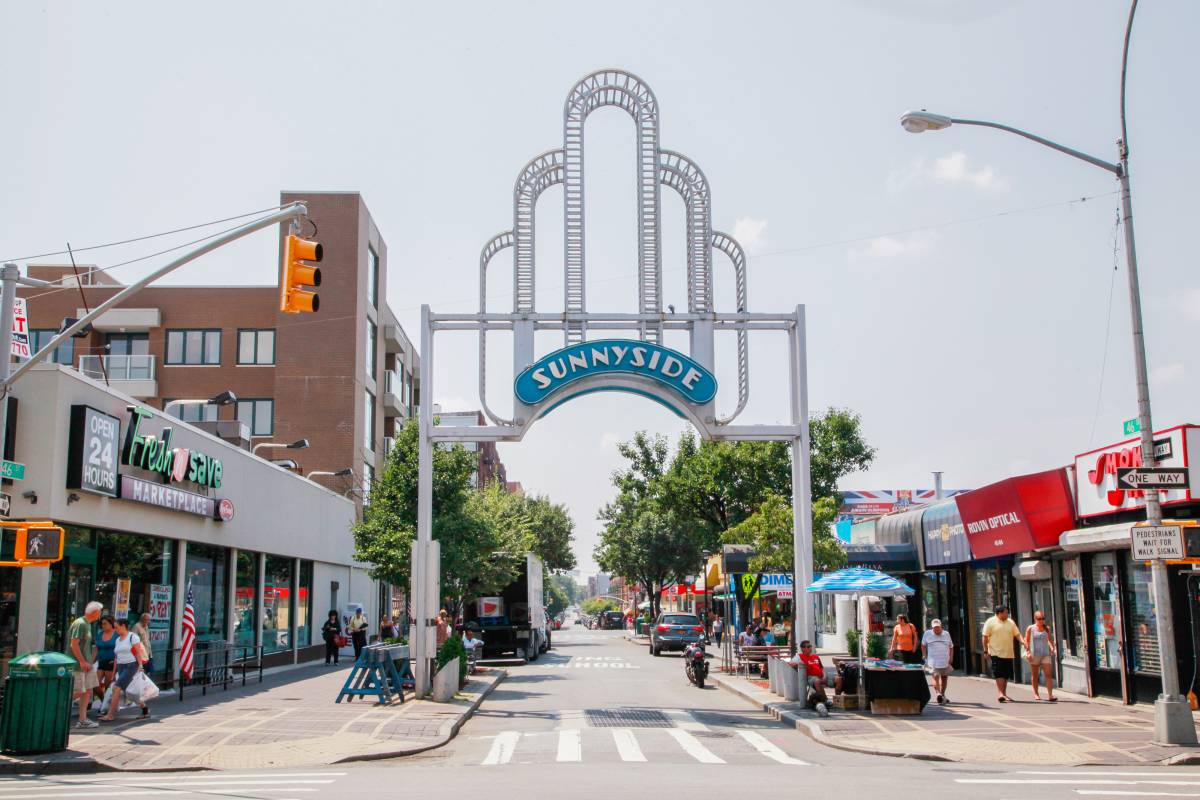Several times a week, Cosmo lives under the overpass along Roosevelt Avenue near 48th Street. Containers of food and clothes are scattered with various baubles and trinkets and musical instruments, next to a bike with bags of stuff hanging from it. Cosmo has deep black eyes and a scruffy, graying beard, and the wrinkles on his face fit with his sagacious outlooks- he is a man old enough to have gained great wisdom but young enough to still want to impart it. His life has been tough but he greets it with a calm smile, because he lives a life he loves, simple as.
With bongos, a recorder, and even a keyboard, Cosmo describes music as a connection to his soul. According to him, he one day picked up a recorder and knew how to play it by intuition. The music he plays reverberates on the walls of the overpass so that the echo is easily heard from the nearby 46th street MTA station. He is certainly a man of artistic depth- his fashion sense is idiosyncratic but admirable in its utility, employing an assortment of knicknacks and fabrics to create an almost wizard-like appearance: an amulet with a heart-shaped stone, a hooded cape, gloves and a visor adorn his athletic build even in the sweltering summer heat. No compromise is made for style.
Cosmo’s great vision is to make a film about the communion of people, of all races, creeds, and faith. He wants the final scene to see a group of children representing these backgrounds dancing under the overpass, increasing in age from the beginning to the end. He is saving up for a camera for this, and reads a thesaurus sometimes to expand his vocabulary enough to write a script. In fact, Cosmo is quite well-read: he knows much about Eastern philosophy and has read the holy scriptures of several major religions. Meditation, abstinence, and spirituality are tenets of Cosmo’s own beliefs, which he describes as a new religion inheriting elements from all its predecessors. Next, he wants to learn geometry- math is not his strong suit, but he is fascinated by the relationships between shapes. He is also aware of current events and is opinionated about issues like immigration (borders don’t exist), urging restoration of humanity to government, without having a phone or television to make these opinions for him.
Sunnyside (the Queens neighborhood where 49th and Roosevelt is located, and setting of a not-so-successful sitcom) and the overpass itself are held in great regard by Cosmo. He explains that he is grateful to have this overpass- that the vast amount of sheltered space being unused in the city is absurd. After all, no entity has a God-given claim to any space. He describes the people of Sunnyside as the best in New York- and it’s almost certainly true that these multicultural, working-class folks are far more approachable than the average New Yorker. He wants to help family-owned local businesses who he’s seen fallen prey to rising rent, such as a flower shop on the other side of Roosevelt Avenue. Cosmo sees himself as a protector of the overpass. One incident he recalls is helping a woman escape from an abuser. Other denizens of Sunnyside seem to like Cosmo too- more than one stop and catch up, and some smile and wave in acknowledgement.
There is an astounding grace to Cosmo’s perspectives. By his own accord, his youth was difficult and misguided and led to crime and poverty. He is in touch with one daughter who visits less frequently nowadays. He tips generously and shares his own food when snacking. Cosmo asks for nothing and instead works on his project diligently.
